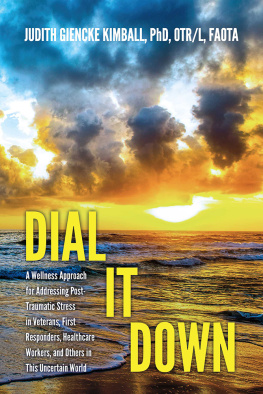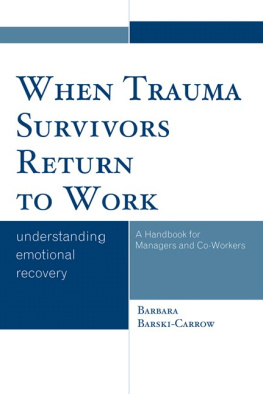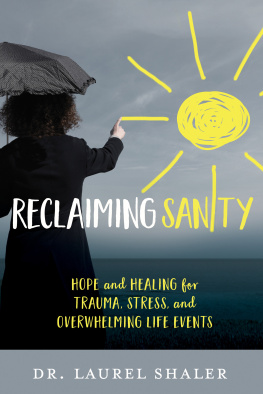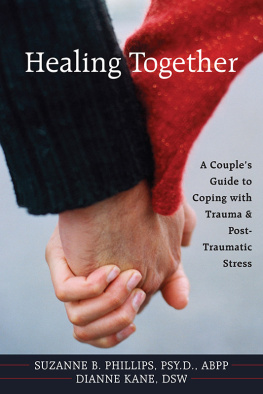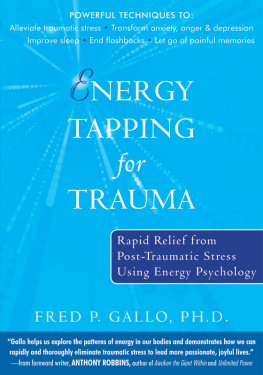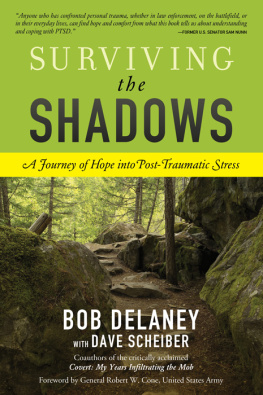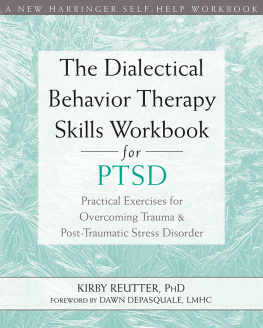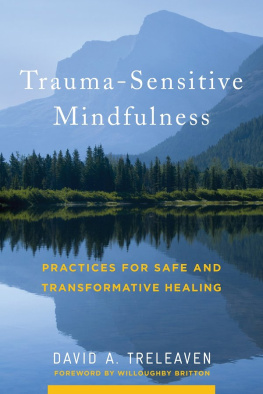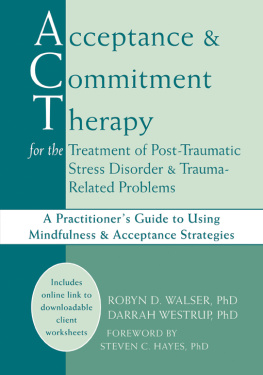Judith Kimball PhD OTR - Dial It Down: A Wellness Approach for Addressing Post-Traumatic Stress in Veterans, First Responders, Healthcare Workers, and Others in This Uncertain World
Here you can read online Judith Kimball PhD OTR - Dial It Down: A Wellness Approach for Addressing Post-Traumatic Stress in Veterans, First Responders, Healthcare Workers, and Others in This Uncertain World full text of the book (entire story) in english for free. Download pdf and epub, get meaning, cover and reviews about this ebook. year: 2021, publisher: BookBaby, genre: Home and family. Description of the work, (preface) as well as reviews are available. Best literature library LitArk.com created for fans of good reading and offers a wide selection of genres:
Romance novel
Science fiction
Adventure
Detective
Science
History
Home and family
Prose
Art
Politics
Computer
Non-fiction
Religion
Business
Children
Humor
Choose a favorite category and find really read worthwhile books. Enjoy immersion in the world of imagination, feel the emotions of the characters or learn something new for yourself, make an fascinating discovery.
- Book:Dial It Down: A Wellness Approach for Addressing Post-Traumatic Stress in Veterans, First Responders, Healthcare Workers, and Others in This Uncertain World
- Author:
- Publisher:BookBaby
- Genre:
- Year:2021
- Rating:3 / 5
- Favourites:Add to favourites
- Your mark:
Dial It Down: A Wellness Approach for Addressing Post-Traumatic Stress in Veterans, First Responders, Healthcare Workers, and Others in This Uncertain World: summary, description and annotation
We offer to read an annotation, description, summary or preface (depends on what the author of the book "Dial It Down: A Wellness Approach for Addressing Post-Traumatic Stress in Veterans, First Responders, Healthcare Workers, and Others in This Uncertain World" wrote himself). If you haven't found the necessary information about the book — write in the comments, we will try to find it.
Trauma is perhaps the defining feature of our time. Millions of Americans have recently experienced trauma through their work as military servicemembers, first responders, and frontline medical workers. Millions more have faced unprecedented levels of loss and traumatic stress due to the COVID-19 pandemic. But very little has been written that directly speaks to these trauma survivors, offering proven daily strategies and hope for reclaiming a sense of safety, connectedness, and self. Dial It Down offers innovative yet simple ways for readers to understand and recover from post-traumatic stress. It is also an invaluable resource for the practitioners who treat these individuals.
Dr. Judith Kimball draws on the latest scientific research and on her years of experience working with trauma survivors to reveal that while trauma is often seen purely as a mental health issue, it also leads to physical changes in how the brain reacts to stimuli from the environment, creating a bias toward a fight-or-flight response. This fight-or-flight hyperarousal is important for staying alive during trauma, but it can persist when the trauma is over, severely limiting the ability to participate fully in life, including in relationships with family and friends.
The book includes client histories to demonstrate the often-subtle effects of trauma. An Iraq War veteran whod become hyper-alert to things out of place as signs of danger is ashamed to find himself suddenly losing it with his children over cluttered toys when he returns home. A nurse, after months of working on a COVID-19 ward, finds herself being strongly startled by noises at home such as beeping household appliances that had never bothered her before. Countless husbands and wives face unexpected issues with physical intimacy after trauma, as fight-or-flight hyperarousal can change patterns of sexual response and lead to misunderstandings, self-doubt, and a heightened sense of isolation. Along with each of these stories and many more, Dr. Kimball offers inspiring examples and strategies for personal transformation.
Dial It Down will reshape how individuals understand their responses to life after trauma, and will provide the tools needed to heal. The book offers proven methods for assessing fight-or-flight hyperarousal, and for designing self-treatment programs using common activitiessome as brief as 5 minuteswith specific tips to fit them into busy lives and increase their effectiveness.
As people suffering from traumatic stress regain a sense of control over their own daily responses, they will also regain a sense of connectedness to others. Dial It Down offers new ways of talking about experiences, empowering individuals to take steps toward repairing the intimate relationships that often suffer most in the aftermath of trauma. Dial it Down shows that post-traumatic healing and growth are possible, for individuals, families, and communities.
Judith Kimball PhD OTR: author's other books
Who wrote Dial It Down: A Wellness Approach for Addressing Post-Traumatic Stress in Veterans, First Responders, Healthcare Workers, and Others in This Uncertain World? Find out the surname, the name of the author of the book and a list of all author's works by series.

